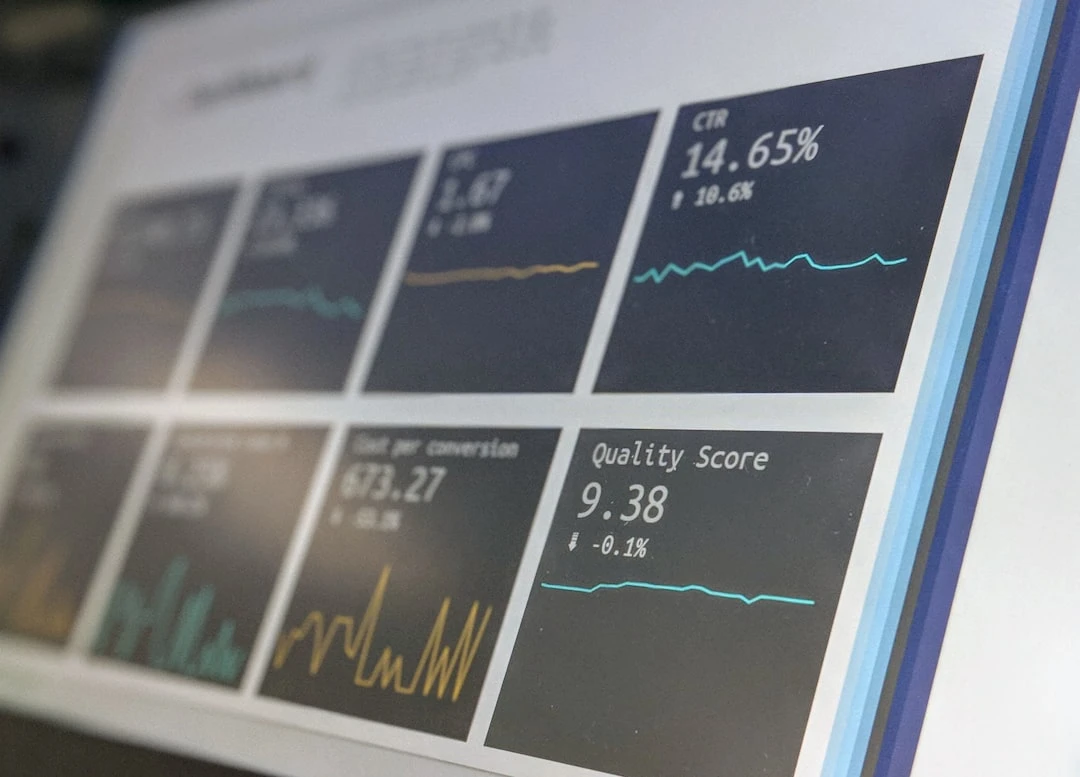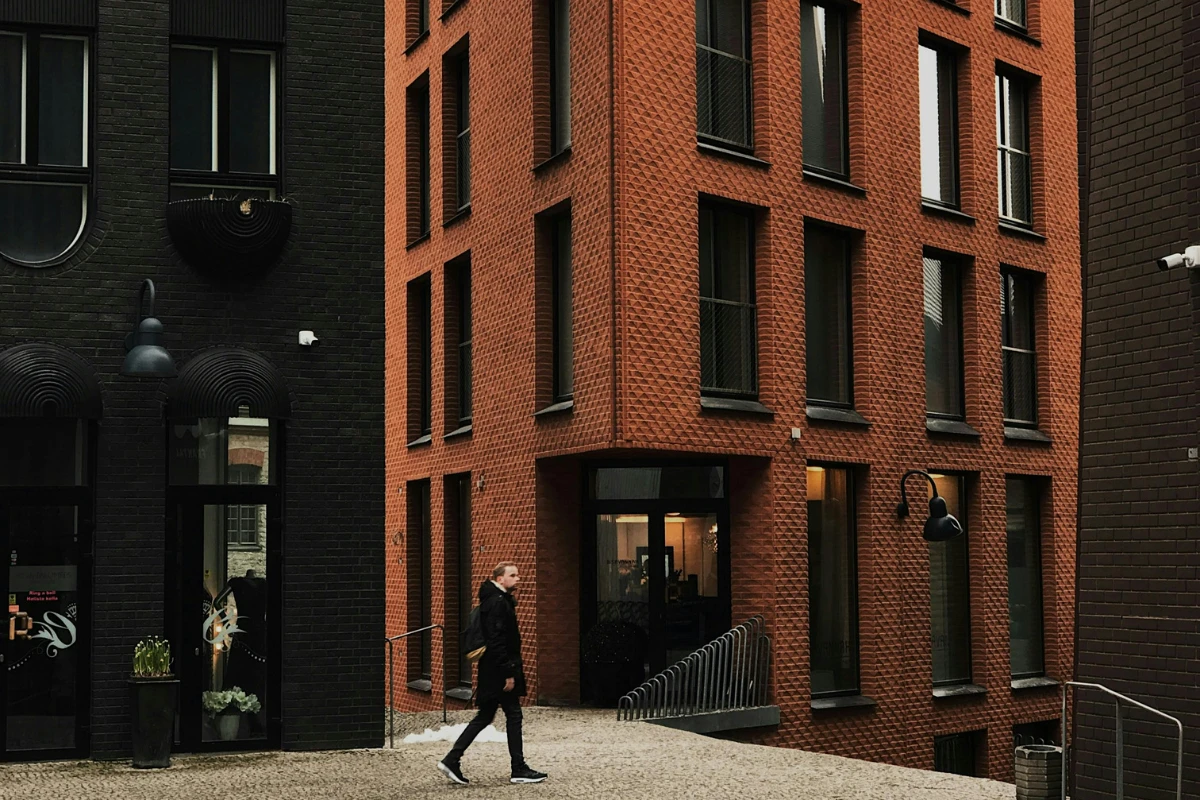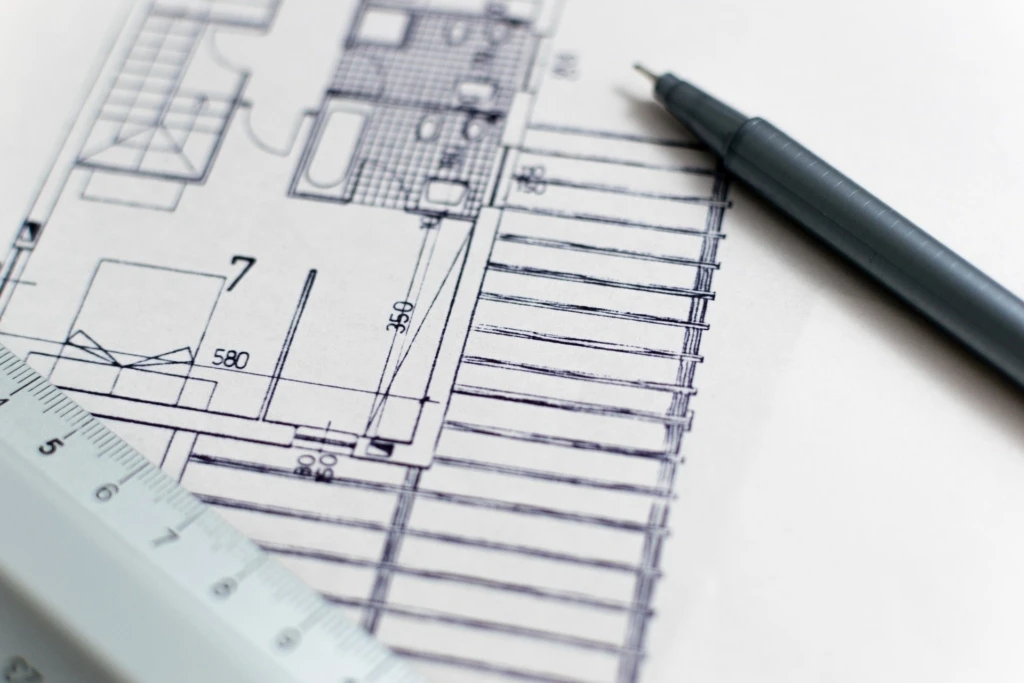Sworn Advocate Explains: Owner Supervision is Not a Guarantor of Builder Obligations

Although the regulation of owner's supervision is quite precisely regulated in the law, in practice it is difficult for the client to hold the supervision provider accountable for design or construction defects. Often there is an impression that this is a role that has no real responsibility whatsoever. Is this true and what is the actual responsibility of an owner's supervision provider, explains Marina Lapidus, sworn attorney at law firm RASK.
The purpose of building owner's supervision is to ensure that construction takes place in accordance with the project, applicable standards and quality requirements. Although the law provides for the organization of owner's supervision as the owner's obligation, in essence it is primarily the protection of the owner's own interests. It is the owner who is responsible for ensuring that the building, the construction process and its subsequent use comply with all requirements.
In order for the supervision to be competent, owner's supervision of a building subject to construction permits may only be carried out by a person meeting certain qualification requirements. If the owner's supervision provider lacks the necessary skills or knowledge to inspect any specific activity, a specialist with appropriate competence must be involved.
Options for concluding an owner's supervision contract
If a separate written contract is not concluded when ordering owner's supervision services, the owner's supervision provider must follow the procedure for conducting owner's supervision. The relevant regulation sets out the minimum required service scope.
If the client wishes to regulate the terms of service in more detail, expand the obligations of the owner's supervision provider or clarify the parties' liability, it is worthwhile to conclude a separate written contract. In doing so, one should proceed from the assumption that owner's supervision is a service that operates on the principles of a mandate contract and is subject to the provisions arising from the mandate contract law.
According to a mandate contract, the principal duty of the mandatory is to provide the agreed service. To fulfill this, the mandatory must perform all necessary acts required for the provision of the service. The mandatory has an obligation to do everything reasonably possible to achieve the purpose and must act with the care that could reasonably be expected of a person engaged in the same field of activity or profession in similar circumstances.
It is important to emphasize that the mandatory must comply with both the duty of care and the duty of loyalty when fulfilling its principal obligation. The duty of care means that the mandatory does everything reasonably within their power to achieve the best possible result for the client and to prevent damage to the client's property. When determining the required level of care, the standards applicable in the profession must be taken into account. The duty of loyalty is related to trust and means that the mandatory must be guided by the client's interests when fulfilling the mandate and protect them in all ways.
From the foregoing, it is not the task of the owner's supervision provider to ensure complete compliance of the finished building. Their obligation is to be guided by standards and professional standards applicable in the profession and to fulfill their duty of care, i.e., to do everything reasonably possible to detect design and construction defects.
Responsibility of the owner's supervision provider
In practice, claims are rarely made against an owner's supervision provider, because construction companies are much more attractive counterparties for the client due to their capitalization than small entities providing owner's supervision. The owner's supervision is usually only turned to when the contractor has become insolvent or for other reasons is unable to pay and there are significant and costly deficiencies in the construction work. Therefore, there is also little case law regarding the responsibility of owner's supervision and compensation for damages.
When construction defects occur and claims are made against the owner's supervision provider, clients often expect that since the owner's supervision checks the compliance of the work, it is always responsible for the deficiencies that have occurred. In other words, it is often believed that if there is a defect in the work, it automatically means a violation of the owner's supervision obligation and the resulting duty to compensate for damages. Sometimes claims are made simultaneously against both the contractor and the owner's supervision provider, treating them as joint debtors.
However, such a simplified approach is not justified. The owner's supervision provider cannot be treated as a guarantor of the contractor or as a guarantor of the fulfillment of their obligations. The role of owner's supervision is merely to conduct control over the work and to the extent that corresponds to the usual duty of care. Unlike the contractor, it is not the task of the owner's supervision to carry out the construction work in accordance with requirements or to hand over the finished building to the client.
Possibilities for making claims for damages
When submitting a claim against the owner's supervision provider, the peculiarities and regulations of the mandate contract must be taken into account. Among the prerequisites for a claim for damages, it is important first of all to establish whether there is a causal connection between a specific violation of the owner's supervision provider's obligation and the damage incurred by the client. That is, the question is whether the client would have suffered the same damage without a violation of the owner's supervision control obligation. Often a claim fails at this stage of verification because the damage usually results from a violation of the contractor's own obligations.
Additionally, in general, the owner's supervision provider cannot be blamed for situations where they have identified deficiencies during their normal inspection and drawn attention to them. If the contractor fails to remedy a deficiency despite the supervision requirement or the client fails to use the appropriate contractual remedies against the contractor in a timely manner, the owner's supervision should no longer be liable.
If obligations have been violated by both the contractor and the owner's supervision, the latter can only be required to compensate for the portion of additional costs that result from the failure to detect the deficiency in a timely manner. For example, if early detection of the deficiency during the work would have allowed it to be remedied at significantly lower cost, but after the work is completed the correction is much more expensive, the owner's supervision can be required to compensate for this difference, i.e., the additional cost.
The owner's supervision can be liable for the full cost of remedying the deficiency primarily in cases where, due to a violation of their obligations, it is no longer possible to make claims against the contractor.
In summary, reducing risks related to construction is helped not only by careful selection of the contractor, but also by involving professional owner's supervision. The possibilities for making claims and the distribution of responsibility between the two professionals will be provided with clearer guidance only by future case law, of which there is still a shortage today.




